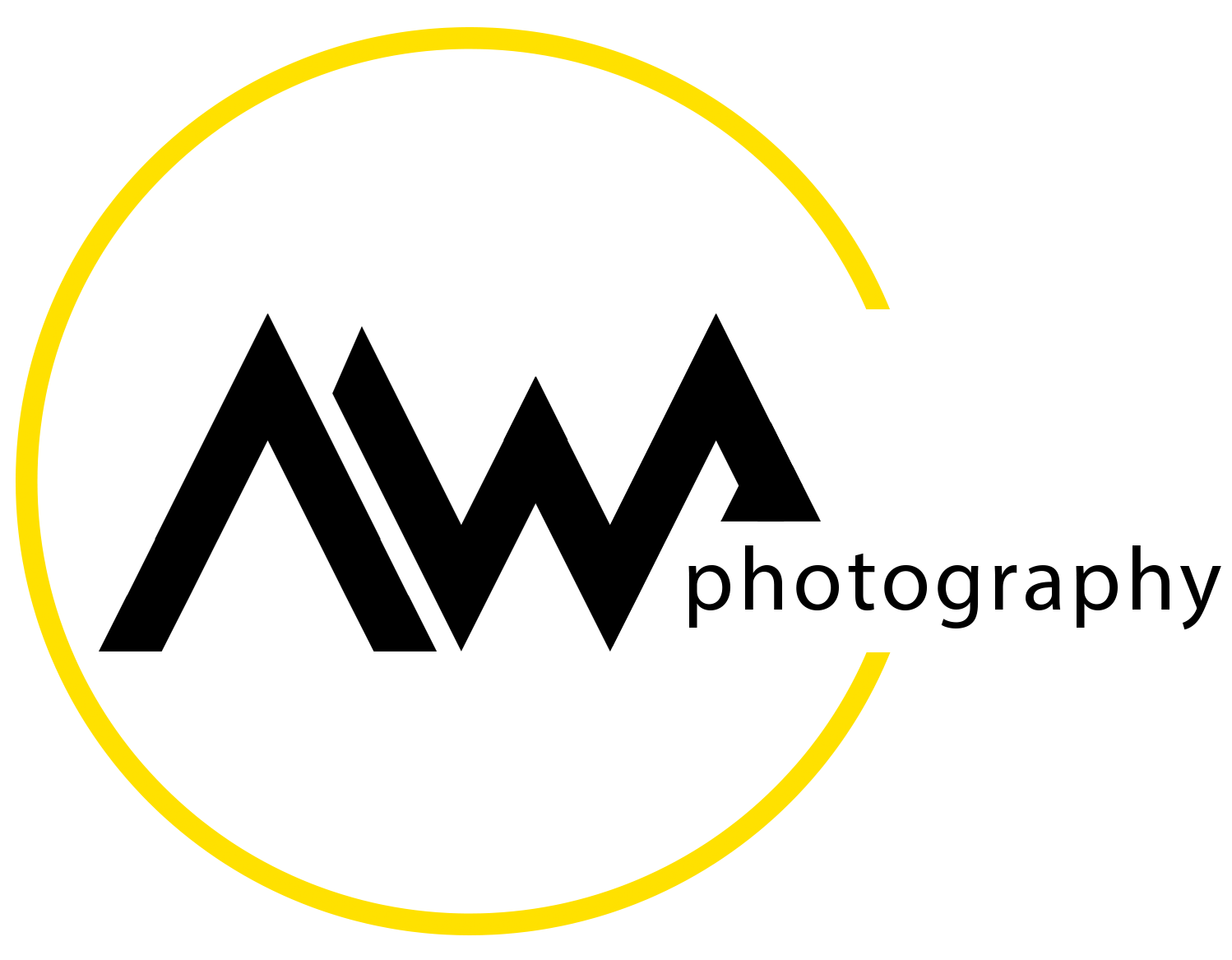Stacking & Stitching for High Resolution Macro Images
/Have you ever…
… been frustrated by the degraded quality of your large photograph prints? Ever wonder how the pros are able to get such incredible detail in their images, even when they are blown up to poster-size?
If so, this video is for you.
Before we dive in, please consider becoming a supporter of my work and help me to keep these videos coming! To become a Patreon supporter, please check out my Patreon Page
20,000 x 11,000 pixels - a composite of over 4,000 individual photographs
In today’s video I take you through the process of building a very high definition macro photograph, from start to finish. We take a look at the four phases of the stack & stitch workflow:
Shooting the subject (and setting up the shoot)
Stacking the individual frames in completed blocks
Stitching the blocks together into a single image
Sanitizing the final output (the final clean-up trip to Photoshop)
There are a few new concepts to consider in this workflow, the most important of which is mapping out your shooting sequence to make certain no part of your subject gets left behind. I explain how cleaning and pinning are different for this kind of shoot, and give some really important tips on how to set up your subject platform to prevent running out of travel during the shoot.
I touch briefly on stacking and slabbing in Zerene Stacker, as this has been covered in much detail elsewhere. The stitching process is done with Photoshop’s Photomerge utility, and I show you how to set up the merge for best results.
The all important final step of finishing the stitched image using Photoshop will be covered in a separate video. In that (long) video I will be showing you my own systematic post-processing steps and show you how to design your own workflow for finalizing these gigantic images.
Let me know if you have any questions.


